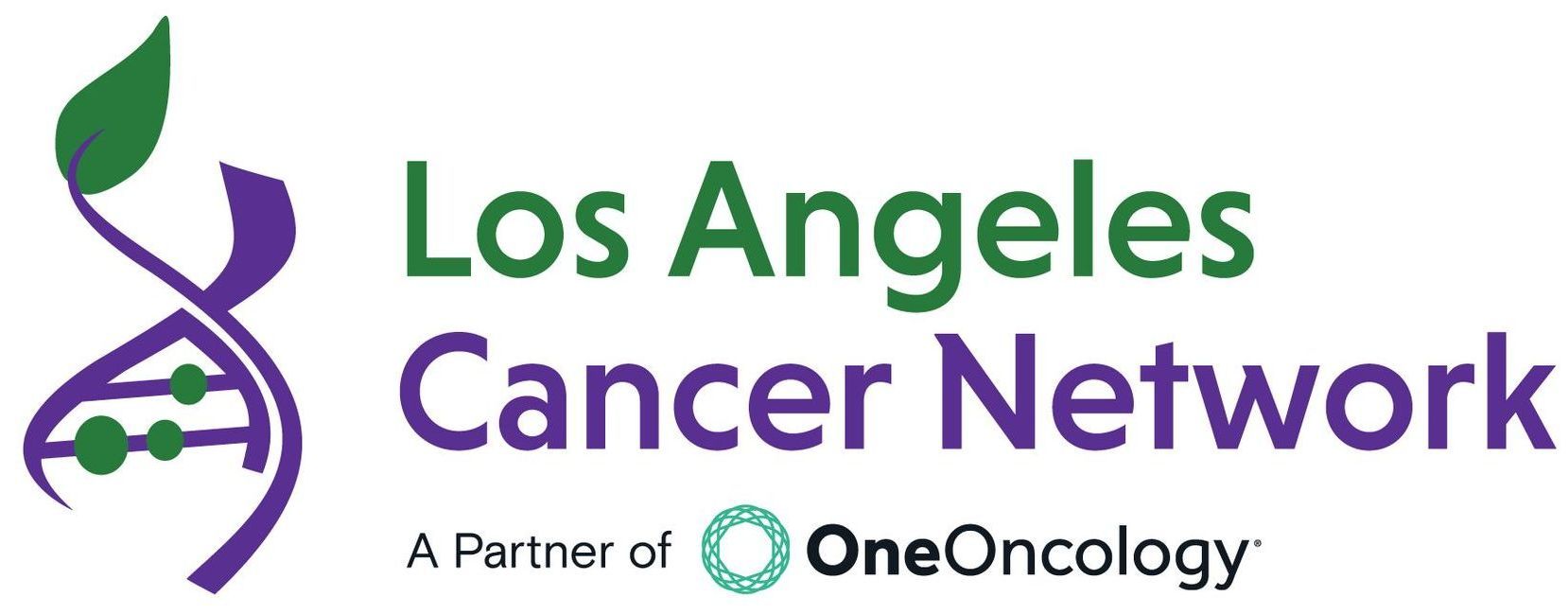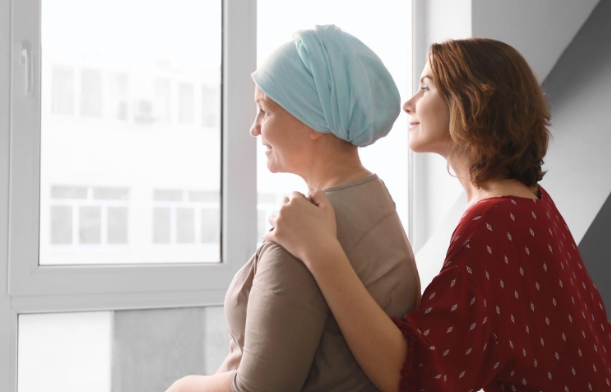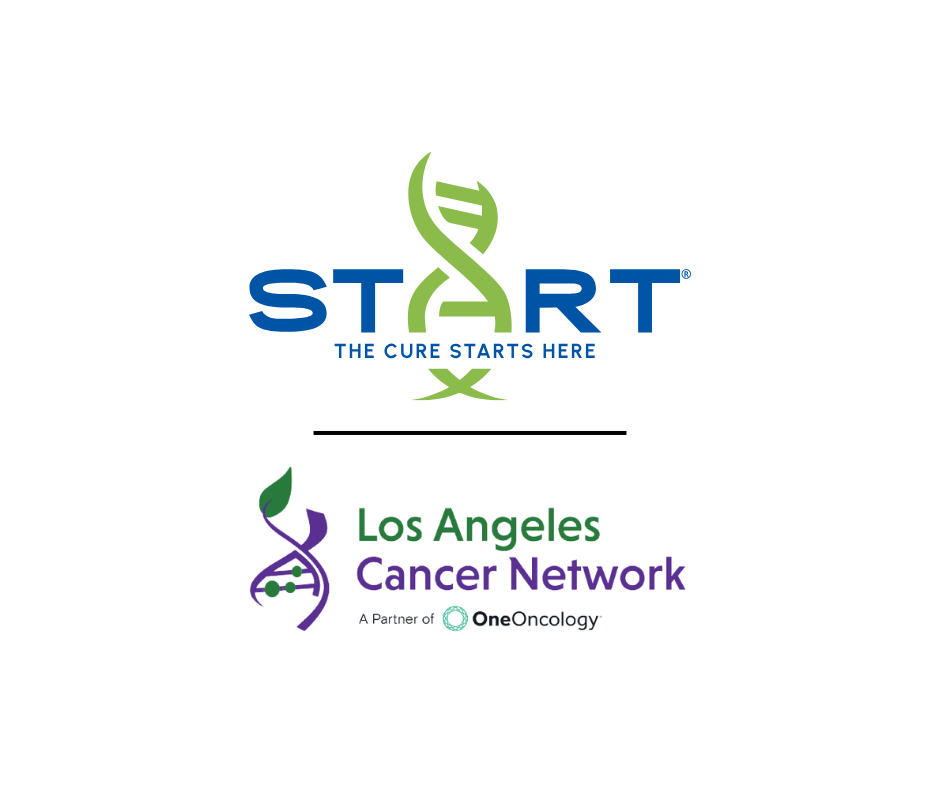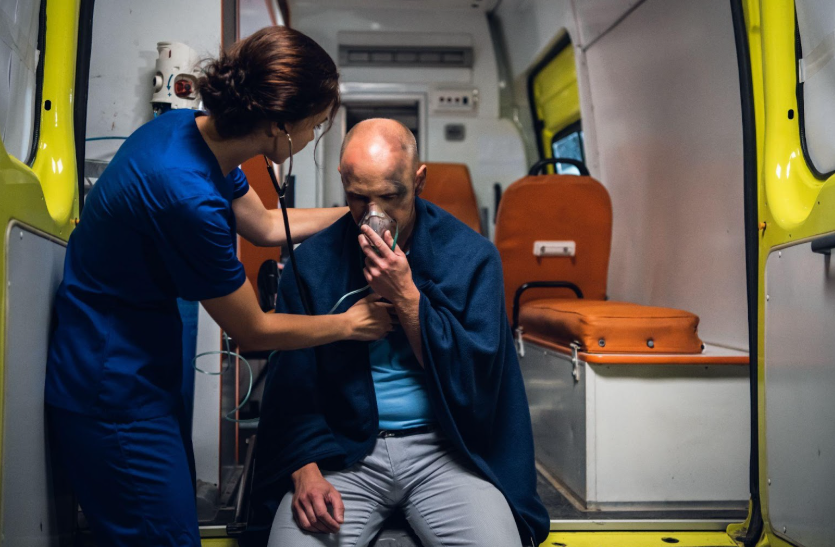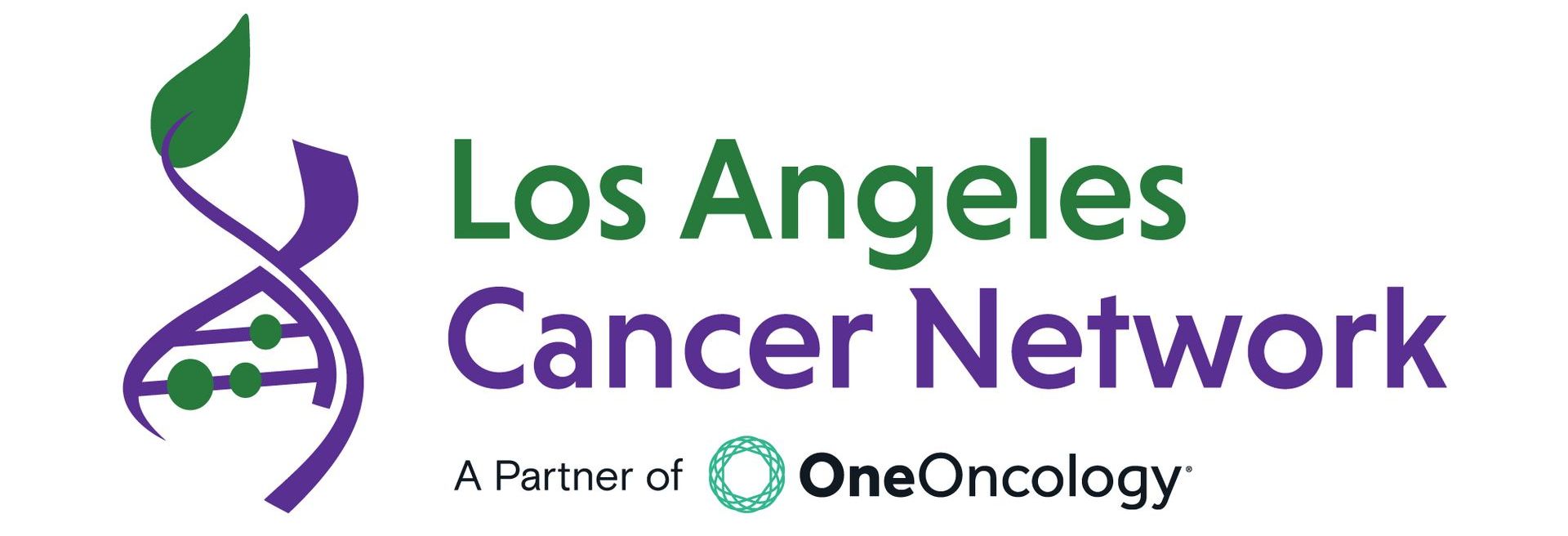March is Colorectal Cancer Awareness Month
March is Colorectal Cancer Awareness Month
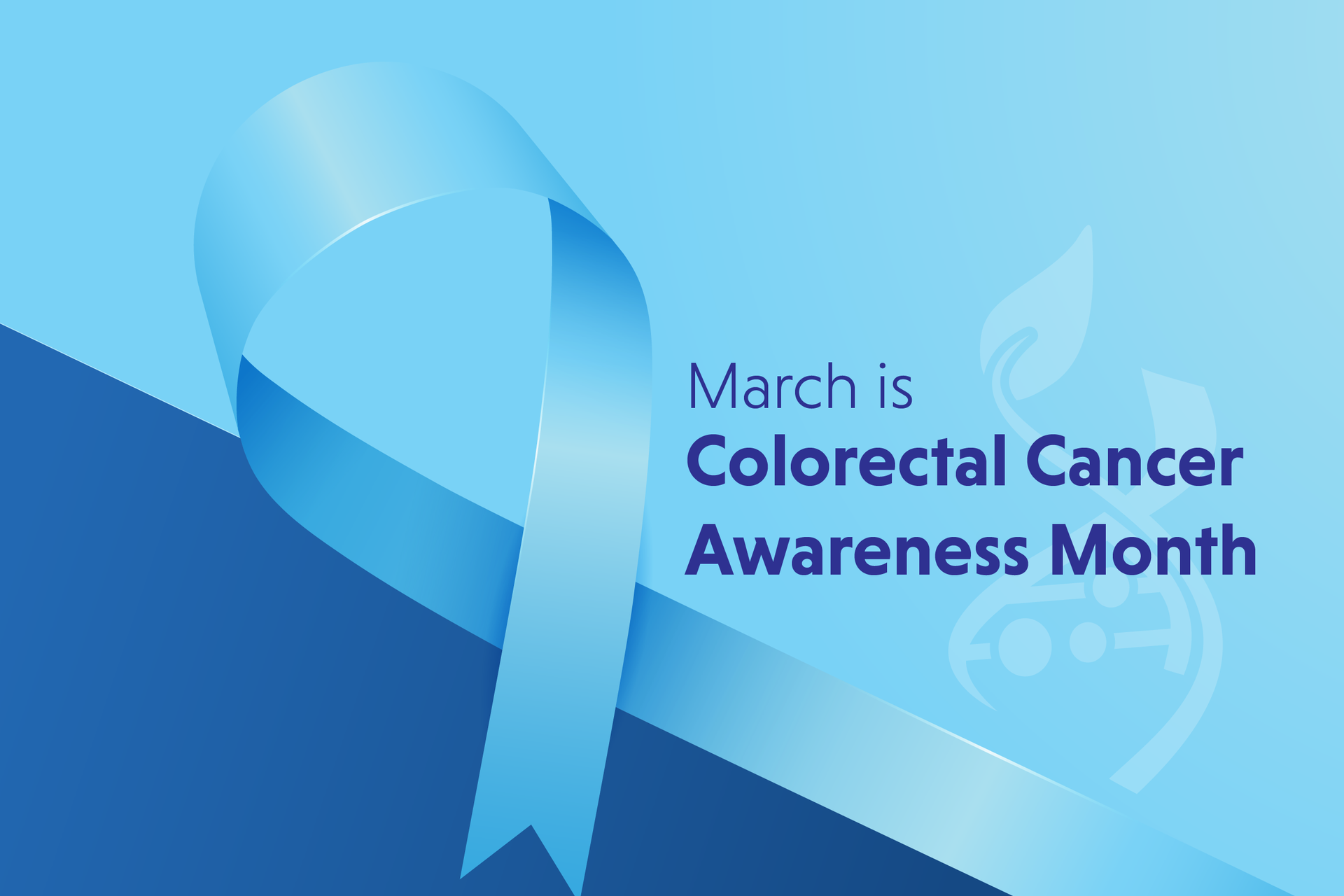
March is Colorectal Cancer Awareness Month, and it is our goal to spread knowledge and awareness so people can know what to recognize and prevent or catch it early. Randy Gonzalez, a famous TikTok star that made video content with his adorable son, Brice, has recently died of colon cancer at the age of 35, and we wanted to understand more about how this could happen. Colon cancer is the fourth most diagnosed cancer and the second deadliest cancer. It affects men & women equally.
We spoke to board-certified medical oncologist/hematologist, Dr. Ronald Tang, who answered the following questions for us.
How does someone 35 die of colon cancer?
Unfortunately, in this specific case, it sounds like when the patient was diagnosed, he was already found to have stage IV colon cancer meaning that the cancer had spread from the colon to other parts of the bodies and likely to critical organs. Colon cancer tends to spread to the liver first due to the proximity of the liver to the colon. Unfortunately, if colon cancer spreads to the liver, this can cause liver failure and thus is the most common cause of death in stage IV colon cancer.
Why are more younger people getting colon cancer?
There is still not a very a good study discussing why this is happening however an increased sedentary lifestyle, increased obesity in the population, high-fat diets and diets high in processed meat and high sugar beverages along with known risk factors such as tobacco and alcohol use all seem to be the leading causes at this time.
What preventive measures can people take to help lower the risk?
Preventative measures to help lower the risk that are easiest to control at this time are weight loss and improved diet. This includes decreasing one's diet in red meats, processed meats, sugary beverages and increasing one's diet in high fiber foods such as vegetables and fruit. Also continued avoidance or cessation of smoking and heavy alcohol use are advised.
What should people know about colon cancer?
The first and most important fact is that colon cancer is highly preventable in that screening colonoscopies can prevent colon and can save lives. Colon cancer does not develop overnight and it takes months to years for a polyp in colon to turn into cancer. Screening colonoscopies done by a certified gastroenterologist can remove polyps, which are pre-cancerous growths, and thus prevent the polyp from turning into cancer. Screening colonoscopies should begin at the of 45 and possibly earlier if there is significant family history.
What are signs to never ignore?
Signs that should not be ignored are dark tarry stools known as melena or bright red blood in stools known as hematochezia. Consistent and worsening abdominal pain that does not go away should be investigated. Other important or red flag signs include yellowing of the eyes or skin, unintentional weight loss or appetite loss, fatigue, change in stool caliber, a feeling of inability to empty the bowel and continued bouts of diarrhea with constipation.
Should the age be even lower now for colonoscopies?
Lowering the age of colonoscopies may happen in the future if there is a significant increased incidence of individuals under the age of 45 that are diagnosed with cancer. This, however, could take years for the studies to result. It took over 20 years to finally lower the age of colonoscopy from 50 to 45. If any individual feels signs and symptoms, one should immediately call one's doctor to discuss symptoms and proceed to a referral to a gastroenterologist.
Anything you'd like to add?
Colon cancer again is highly preventable and unfortunately can happen at any age and is not a disease of the elderly. If there are symptoms that are concerning, do not blow off the symptoms such as indigestion, acid reflux or muscle soreness and please seek medical attention in a timely manner.
Dr. Tang works at our Pasadena and Montebello clinics. Dr. Tang is board-certified in Internal Medicine, Medical Oncology, and Hematology and a cum laude graduate of UCLA with his undergraduate degree in Molecular, Cell, and Developmental Biology. He performed his Osteopathic Categorical Internal Medicine internship at Valley Hospital Medical Center in Las Vegas, Nevada, and his Internal Medicine residency at LAC-USC Medical Center in Los Angeles, California. He received his Hematology-Oncology fellowship training at the University of California Irvine.
Dr. Tang is the recipient of many awards, including the President’s and Professional Achievement Awards at Western University, the Summer Research Fellowship at Children’s Hospital of Los Angeles, and Departmental Honors in MCDB at UCLA. Dr. Tang has authored case reports on myeloid leukemia, metastatic colorectal cancer and produced abstracts in the Annals of Oncology, the Journal of Clinical Oncology, and the Journal of Investigative Medicine. Dr. Tang has also been featured on numerous media outlets, including ABC World News Tonight, Good Day LA on FOX11, NBC, and CBS discussing cancer prevention and treatment topics.


